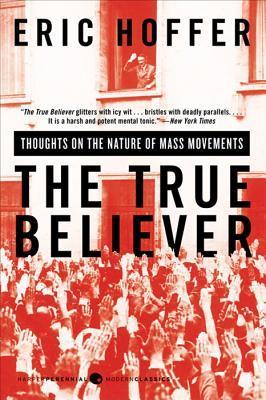G. Wells remarks that at the time of the Reformation people “objected not to the church’s power, but to its weaknesses…. Their movements against the church, within it and without, were movements not for release from a religious control, but for a fuller and more abundant religious control.”
Welcome back. Just a moment while we sign you in to your Goodreads account.


